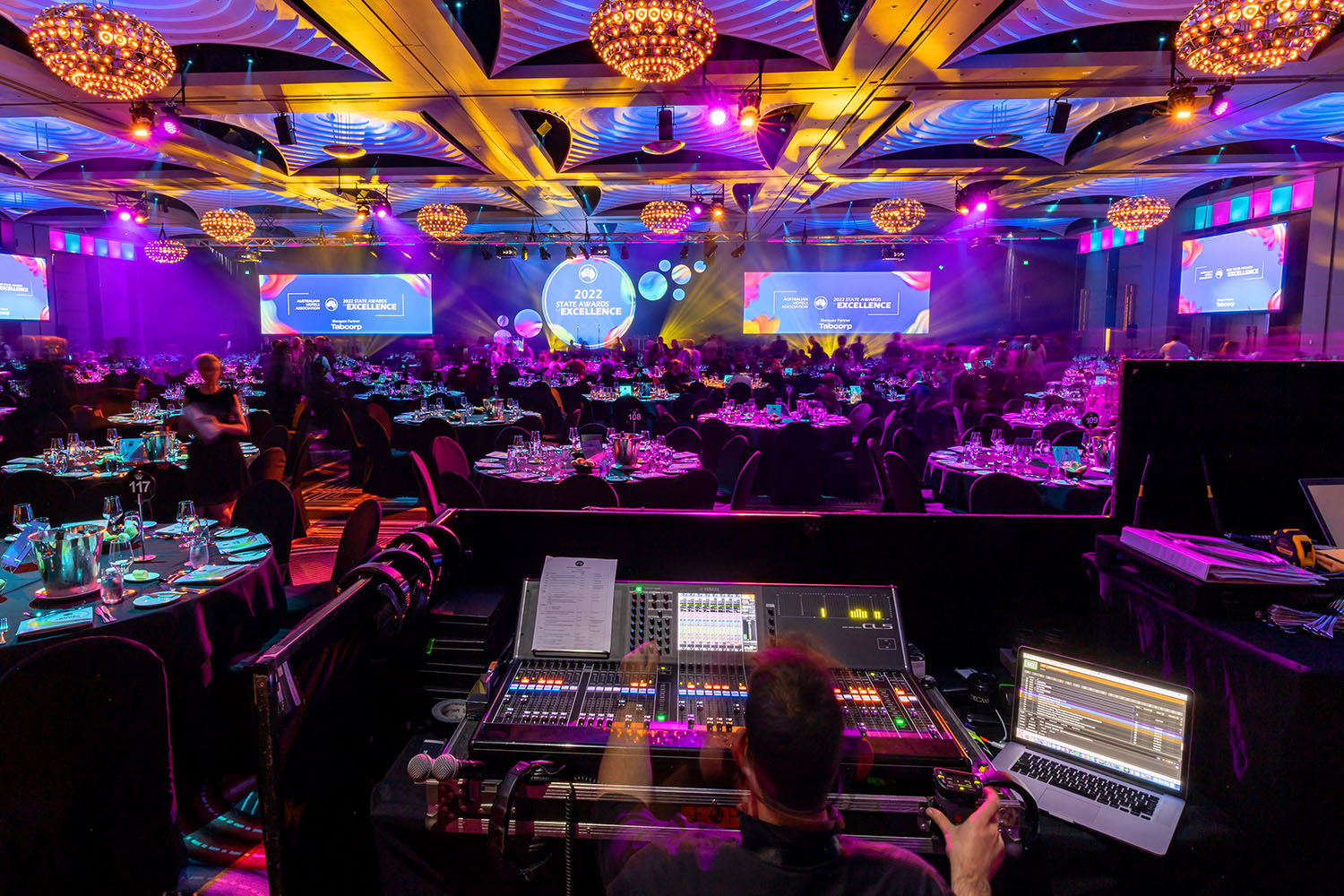The Future of Event Productions: Trends You Need to Know
The Future of Event Productions: Trends You Need to Know
Blog Article
Recognizing Exactly How Occasions Production Works: A Comprehensive Review of the Process
The details of event production demand a systematic strategy that integrates several phases, each playing a vital duty in the overall success of an event. From the first planning and idea growth to the meticulous sychronisation of logistics, every component has to align effortlessly to attain the desired result. Recognizing the subtleties of budgeting, resource allotment, and on-site management is vital for any kind of expert in this field. As we check out these elements better, it becomes evident that the process is not simply regarding implementation yet additionally about continuous improvement and tactical examination. What understandings can we amass from each stage?
Initial Planning and Principle Growth
Reliable preliminary planning and principle growth work as the structure for successful events production. This phase entails specifying the occasion's objective, target market, and preferred outcomes. A clear vision is essential; it overviews all succeeding decisions and assists straighten the group's efforts toward an usual objective.
During this stage, conceptualizing sessions can be vital. Engaging stakeholders, consisting of customers, sponsors, and potential participants, promotes a collaborative setting that produces innovative concepts. In addition, extensive marketing research should be carried out to understand fads, preferences, and possible difficulties.
When the concept is developed, it is important to develop a thorough event synopsis. This summary should include the occasion's theme, style, and key tasks. Developing a timeline is similarly essential, as it aids to handle due dates and tasks properly.
Budgeting and Resource Allowance
With a solid idea in position, focus should transform to budgeting and source allotment, which are crucial components in carrying out the occasion successfully. A distinct budget plan acts as a roadmap, describing all expected expenses and readily available sources. It begins with determining dealt with and variable expenditures, including venue leasing, catering, advertising, staffing, and innovation. Each category ought to be thoroughly determined to avoid overspending and to guarantee that funds are assigned properly.
Resource allotment involves assigning both financial and human resources to various jobs and parts of the occasion. Prioritization is essential; vital aspects ought to receive ample financing while much less critical facets might call for a much more conventional technique. Backup planning is critical-- designating a portion of the spending plan for unforeseen expenses can minimize monetary threats.
Additionally, effective interaction among employee pertaining to budget plan restraints promotes partnership and innovation. This advertises the responsible use of sources and motivates imaginative services to remain within budget plan. Inevitably, a tactical strategy to budgeting and resource allowance prepares for a successful occasion, enabling coordinators to concentrate on delivering a remarkable experience for attendees while preserving economic integrity.
Logistics and Sychronisation
Browsing the complexities of logistics and sychronisation is crucial for the seamless execution of any kind of occasion. This phase includes careful preparation and organization to guarantee that all elements function in harmony. Secret aspects consist of venue selection, transportation setups, and the organizing of various activities.
Efficient logistics starts with a thorough evaluation of the location's capacities and constraints. This includes comprehending the design, gain access to factors, and readily available sources. As soon as the place is confirmed, transportation logistics should be established, including the motion of guests, devices, and products. Collaborating these aspects needs cooperation with suppliers, vendors, and transport solutions to ensure timely deliveries and pickups.
An additional essential facet is home the advancement of a detailed timeline that describes all logistical elements leading up to the occasion. This timeline works as a roadmap, outlining key landmarks and target dates for tasks such as equipment arrangement, providing solutions, and audiovisual setups. Normal communication with all stakeholders is vital to deal with any potential concerns proactively.
Execution and On-Site Administration
Effective implementation and on-site monitoring are important for changing meticulous plans into truth during an event. Their ability to make real-time decisions can substantially impact the event's success.
A distinct routine is vital, serving as a roadmap for all activities. Occasion managers have to ensure that configuration takes place on time, adhering to timelines for audio checks, catering distributions, and guest arrivals. Effective analytic abilities are additionally vital; unforeseen obstacles can emerge, requiring quick reasoning and versatility to keep the occasion's flow.
This degree of engagement not just improves the total experience yet additionally reflects the expertise of the event group. Inevitably, effective implementation and on-site administration hinge on detailed prep work, effective interaction, and a commitment to supplying an outstanding event for all involved.

Post-Event Assessment and Feedback
The conclusion of any type of event lies not only in its implementation yet likewise in the complete evaluation that adheres to. Post-event evaluation is necessary for identifying the overall success of the event and identifying areas for improvement. This process usually entails event feedback from numerous stakeholders, consisting of participants, vendors, and employee, to gain a detailed point of view on their experiences.
To structure the evaluation, occasion organizers commonly utilize interviews and surveys, concentrating on key performance indicators such as guest fulfillment, logistical effectiveness, and budget plan adherence. Analyzing this data allows coordinators to assess whether the event met its goals and to comprehend the staminas and this link weak points of the implementation.
By systematically resolving feedback and executing adjustments, occasion specialists can improve their methods, inevitably leading to more effective and impactful occasions. In final thought, post-event evaluation is an essential step in the occasion manufacturing process that guarantees recurring development and excellence in future endeavors (Event Productions).
Final Thought

The details of occasion production need a methodical approach that incorporates several stages, each playing an important function in the total success of an event.With a solid principle in location, focus needs to transform to budgeting and resource allocation, which are vital parts in executing the event effectively.Source allocation includes assigning both human and economic resources to numerous jobs and parts of the occasion. Ultimately, a calculated technique to budgeting and source appropriation lays the groundwork for a successful event, enabling planners to focus on supplying an unforgettable experience for participants while keeping financial honesty.

Report this page